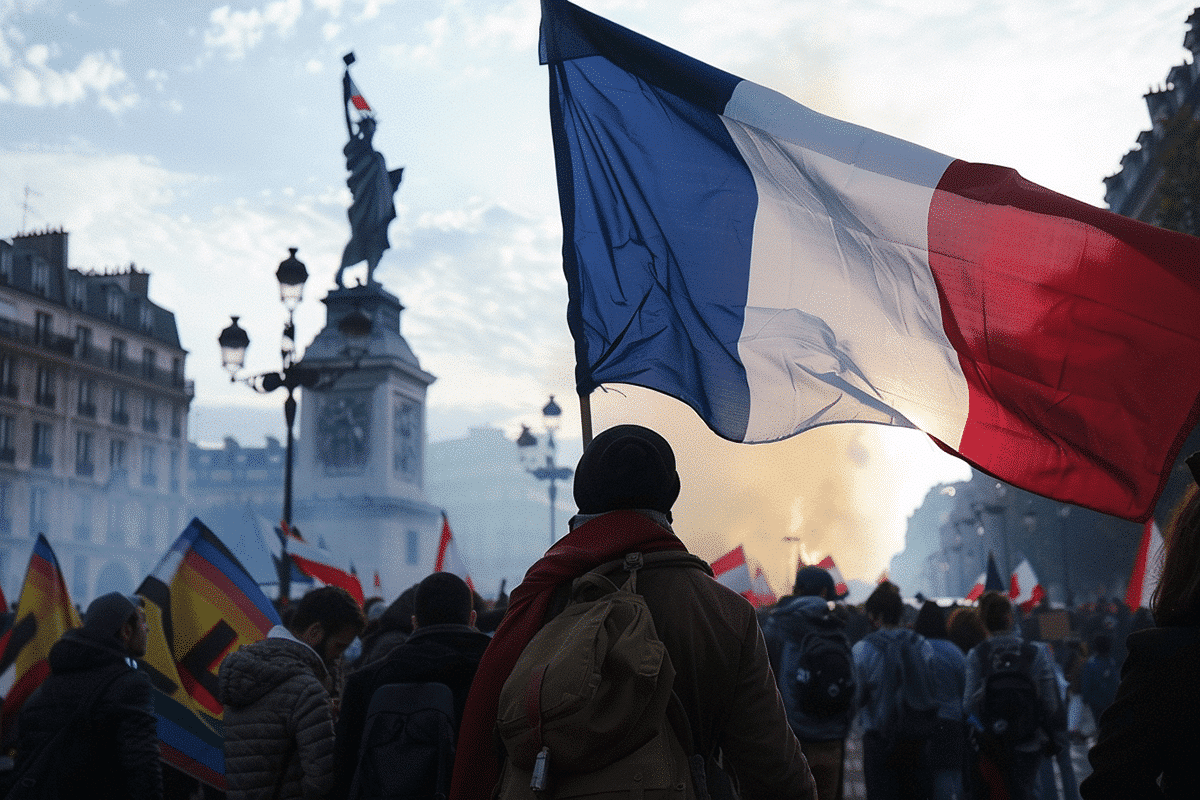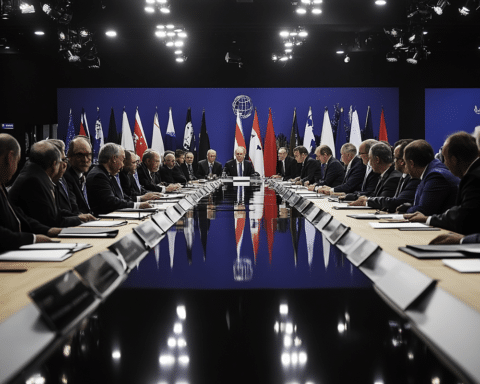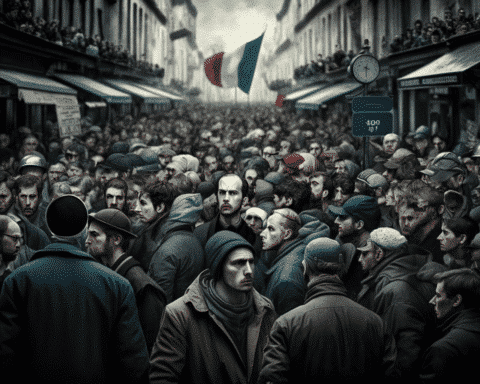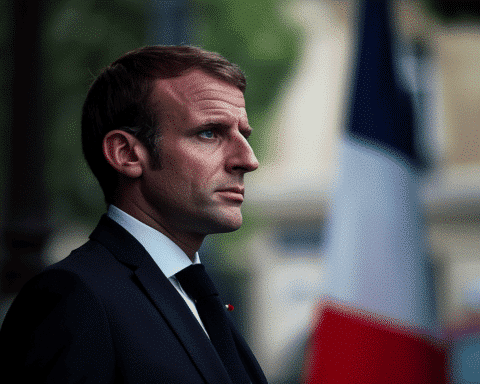In the wake of France’s chaotic election results, President Emmanuel Macron has chosen to retain Prime Minister Gabriel Attal, emphasizing the need for stability in a government left in limbo. Macron’s decision to reject Attal’s resignation and request his continued leadership comes after a divisive election that fractured the French legislature among the left, center, and far-right factions, with no group securing a majority.
Election Aftermath and Economic Impact
The recent elections, intended by Macron to bring clarity to France’s political landscape, instead resulted in a split legislature. French voters distributed seats among the leftist New Popular Front, Macron’s centrist alliance, and Marine Le Pen’s far-right National Rally, leaving none close to the 289 seats required to control the 577-seat National Assembly. The stock market initially responded with a drop but quickly rebounded, possibly due to the avoidance of an outright victory by either the far right or the leftist coalition.
Macron’s Strategic Gamble
Macron had hoped that the snap elections would provide a decisive moment of clarification ahead of the Paris Olympics. However, the outcome highlighted deep divisions within the electorate, revealing widespread dissatisfaction with issues such as inflation, crime, and immigration. This dissatisfaction manifested in a hung parliament, a scenario unfamiliar to modern France, which traditionally does not engage in coalition governments.
Political Standoff and Future Challenges
Prime Minister Attal, who had offered his resignation, was asked to remain in office by Macron to ensure governmental stability. Macron’s top political allies participated in the meeting at the presidential palace, underscoring the urgent need for unity. Despite differing opinions within the government, the consensus was to maintain stability amidst the political deadlock.
The election results present no clear path for forming a government. The New Popular Front, which won the most seats, immediately pushed for the opportunity to form a government and propose a prime minister. This coalition plans to reverse many of Macron’s reforms, embark on extensive public spending, and adopt a tougher stance against Israel due to its conflict with Hamas.
Macron’s Warnings and Legislative Challenges
Macron has cautioned against the leftist coalition’s economic program, which includes significant public spending funded by taxes on wealth and higher income earners. He argues that such measures could be detrimental to France’s already scrutinized debt situation. The political deadlock is expected to have far-reaching implications, affecting global diplomacy, the war in Ukraine, and Europe’s economic stability.
International and Domestic Reactions
Internationally, the election results have elicited mixed reactions. While some European leaders view the outcome as a relief, the absence of a clear majority raises concerns about France’s ability to govern effectively. Domestically, the results have left many French citizens anxious about the future governance of their country.
The split legislature has blocked the National Rally from gaining power, with voters prioritizing the containment of the far right over party allegiance. Despite their third-place finish, the National Rally’s performance marked a significant increase from previous elections.
Challenges Ahead
As Macron prepares to attend a NATO summit in Washington, the newly elected and returning lawmakers are set to begin negotiations at the National Assembly. The task ahead is daunting: to navigate the unfamiliar territory of a hung parliament and to forge a path forward in a politically fragmented landscape. France’s centralized decision-making, predominantly based in Paris, adds another layer of complexity to the coalition-building process.
The electoral campaign was marred by instances of racism, antisemitism, and disinformation, with over 50 candidates reporting physical attacks. This tumultuous backdrop has further complicated the political environment.
Macron’s decision to retain Prime Minister Attal is a strategic move aimed at maintaining stability in a period of political uncertainty. As France navigates this unprecedented situation, the world watches closely, anticipating how one of Europe’s key players will manage its internal challenges while maintaining its role on the global stage.




